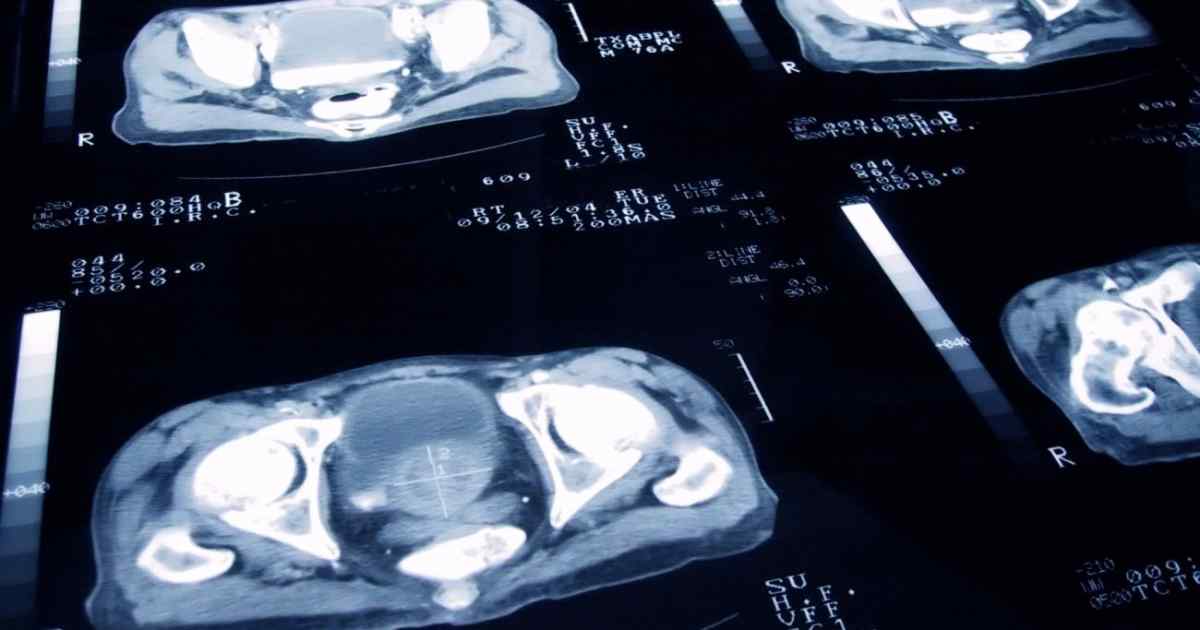Prostate cancer is a concern for all men, with age being a significant risk factor, particularly after 50. Early diagnosis is critical for a successful treatment plan, making awareness essential. By dedicating time to understanding prostate cancer, men can better recognize potential symptoms and risk factors. Increased knowledge not only promotes vigilance but also encourages early detection, which greatly improves treatment outcomes and overall quality of life.
Early Signs of Prostate Cancer
Unfortunately, early-stage prostate cancer doesn’t produce a long list of unique symptoms that reveal its presence. However, you should be on the lookout for the following problems because they are commonly reported by men who have the disease.
Difficulty with urinating
Your ability to urinate will be affected because the cancerous tumor will cause your prostate gland to constrict your urethra. If left untreated, the tumor may eventually create a blockage, which will stop urine from flowing altogether.
Painful sensations
Chances are the pains in your bladder are the result of prostate cancer. Don’t ignore what you’re feeling because the discomfort will be tolerable and intermittent only in the beginning. Painful sensations can be debilitating once the disease reaches an advanced stage.
Frequent trips to the bathroom
Are you having to take more bathroom breaks than normal? Prostate cancer irritates the bladder, so the urge to urinate will be strong even when the bladder isn’t full.
Blood in urine
In most cases, blood in your urine isn’t a major problem that you should panic over. Medically, this problem is called hematuria, and it can stem from several conditions. If prostate cancer is responsible, you may have an inflamed or enlarged prostate gland.
Loss of bladder control
As the cells in your prostate continue to grow out of control, you may start to lose your ability to keep urine from leaking out. Urinary incontinence is highly common among men who have prostate cancer. The problem develops because the affected prostate is forcing the bladder and the urethra to mismanage the flow of urine.
A weak stream
If you’re not urinating as much as you used to, your urethra may be obstructed in one way or another. The prostate gland tends to swell due to the cancer.
Treatment Options
The sooner prostate cancer is detected, the more options your doctor can offer you. This is the good news you want to hear because this means you may be able to overcome prostate cancer without experiencing harsh side effects, such as a lengthy period of downtime or an impaired prostate.
Radiation Therapy
Radiation therapy targets the cells associated with prostate cancer. A machine from outside the body directs high levels of radiation at the affected area, and the cells die without replicating.
This course of treatment is just as effective as surgery. However, it’s important that you undergo radiation therapy with a board-certified oncologist because he or she will possess the technical skill that’s needed to deliver a satisfactory outcome.
Hormone Therapy
Hormone therapy is often used because testosterone is a leading factor. This method, commonly referred to as androgen deprivation therapy, works by interfering with the production of testosterone. The goal is to stop the substance from fueling the cancer cells. Although hormone therapy is able to get the job done, the outcome can potentially be problematic because lowering your testosterone levels can cause you to experience mood swings, erectile dysfunction, and other side effects.
Surgery
Surgery is recommended for men who have localized prostate cancer, and the procedure is known as an open radical prostatectomy. If you choose this treatment option, your prostate will be removed through your lower abdomen. Laparoscopic radical prostatectomy is becoming the preferred method since it involves the use of cutting-edge robotic instruments, and studies show that you may recover faster from this method.
Nevertheless, after the surgical procedure, you’ll be advised not to resume certain physical and recreational activities so that your body can heal properly. Also, you’ll have to wear a catheter for one or two weeks to empty the urine in your bladder.
Chemotherapy
Chemotherapy is worth undergoing despite its poor reputation. In an effort to shrink the cancerous tumor, your doctor will inject you with a combination of anti-cancer drugs, including docetaxel and prednisone. Once the drugs are in your bloodstream, you’ll likely have to deal with the typical symptoms, which can range from complete hair loss to minor nerve damage. On the bright side, healthy cells will replace the damaged cells in due course, so the side effects are mostly temporary.
Learn More About Prostate Cancer
There are no proven strategies that you can use to gain immunity from prostate cancer but leading a healthy lifestyle can go a long way toward reducing your level of susceptibility.
Don’t let fear stop you from taking the necessary steps to maximize your well-being. After learning about prostate cancer, it’s in your best interest to tell your doctor about any symptoms that you have.
